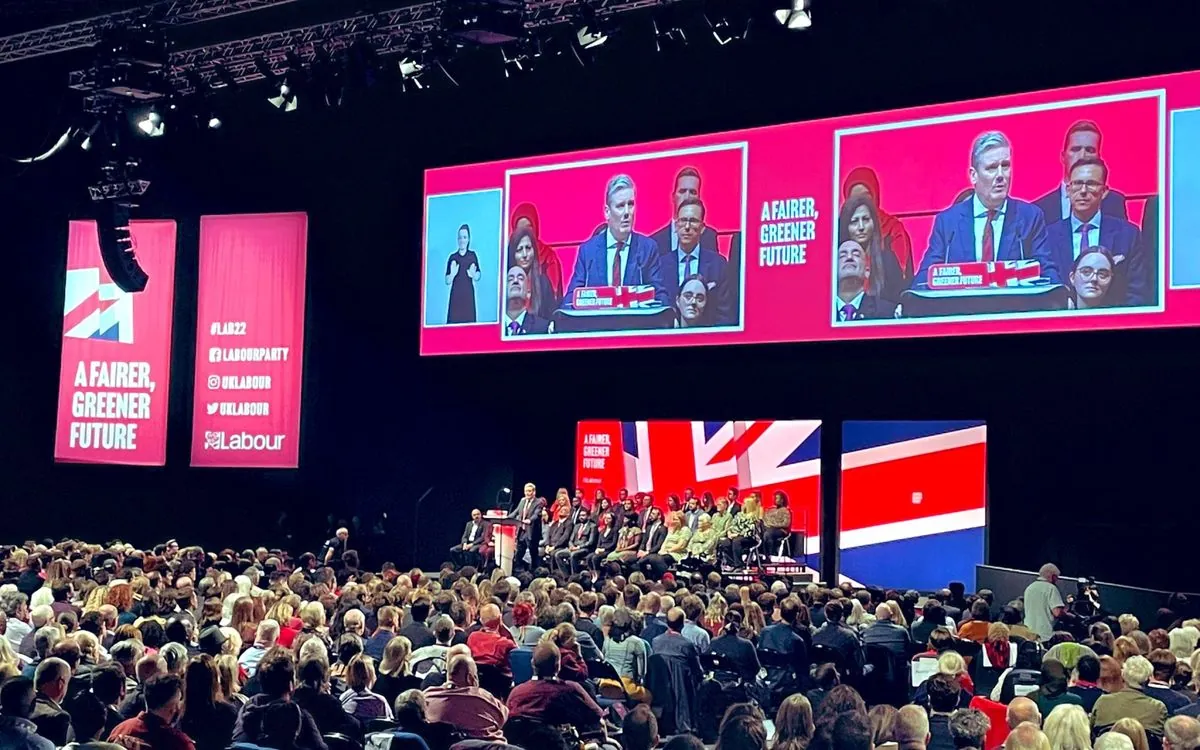The Labour Party's annual conference in Liverpool, its first gathering in power after 15 years, has been marred by unexpected challenges. Instead of the anticipated celebratory atmosphere, the event has been overshadowed by controversies and internal disputes.
Angela Rayner, the Deputy Leader, received a warm welcome from attendees despite facing scrutiny over accepting complimentary accommodation from a Labour donor, Lord Alli. Rayner defended the practice, stating that all politicians accept such offerings, emphasizing the importance of adhering to established rules. However, this justification may not resonate with voters.
The ongoing disputes have reached such a level that Sue Gray, the Prime Minister's chief of staff, has opted not to attend the conference. Gray, who previously led an investigation into Downing Street parties during COVID-19 lockdowns, is reportedly involved in an internal power struggle within the party.
Labour officials have criticized media coverage for focusing on personalities rather than policies. However, an examination of the party's platform reveals a repetitive emphasis on "change" without clear, concrete plans for implementation. This approach echoes the sentiment expressed by former Conservative Prime Minister Lord Salisbury, who once remarked, "Why change – aren't things bad enough already?"
Sir Keir Starmer, the Labour leader, consistently asserts a mandate "to change the country." However, this claim lacks substantial backing. While voters clearly expressed a desire for a new government, Labour secured only 34% of the vote with a 60% turnout in the recent election. This result does not necessarily indicate support for sweeping changes.
The electorate's primary concerns appear to be competence and direction, areas where the previous Conservative government, in power for 14 years, was perceived to be lacking. Voters are seeking effective implementation of existing policies rather than their reversal. Key priorities include economic growth, improved healthcare services, controlled immigration, sensible environmental policies, and responsible management of public finances.
"We have a mandate to change the country."
Despite the repeated use of the word "change" by Sir Keir and his ministers, there is little evidence of comprehensive planning for transformative policies. Critics argue that the Labour government appears to be improvising rather than executing a well-thought-out strategy for national improvement.
As the conference progresses, it remains to be seen how Labour will address these challenges and articulate a clear vision for the country's future. The party's ability to translate its electoral victory into effective governance will be closely scrutinized in the coming months.
